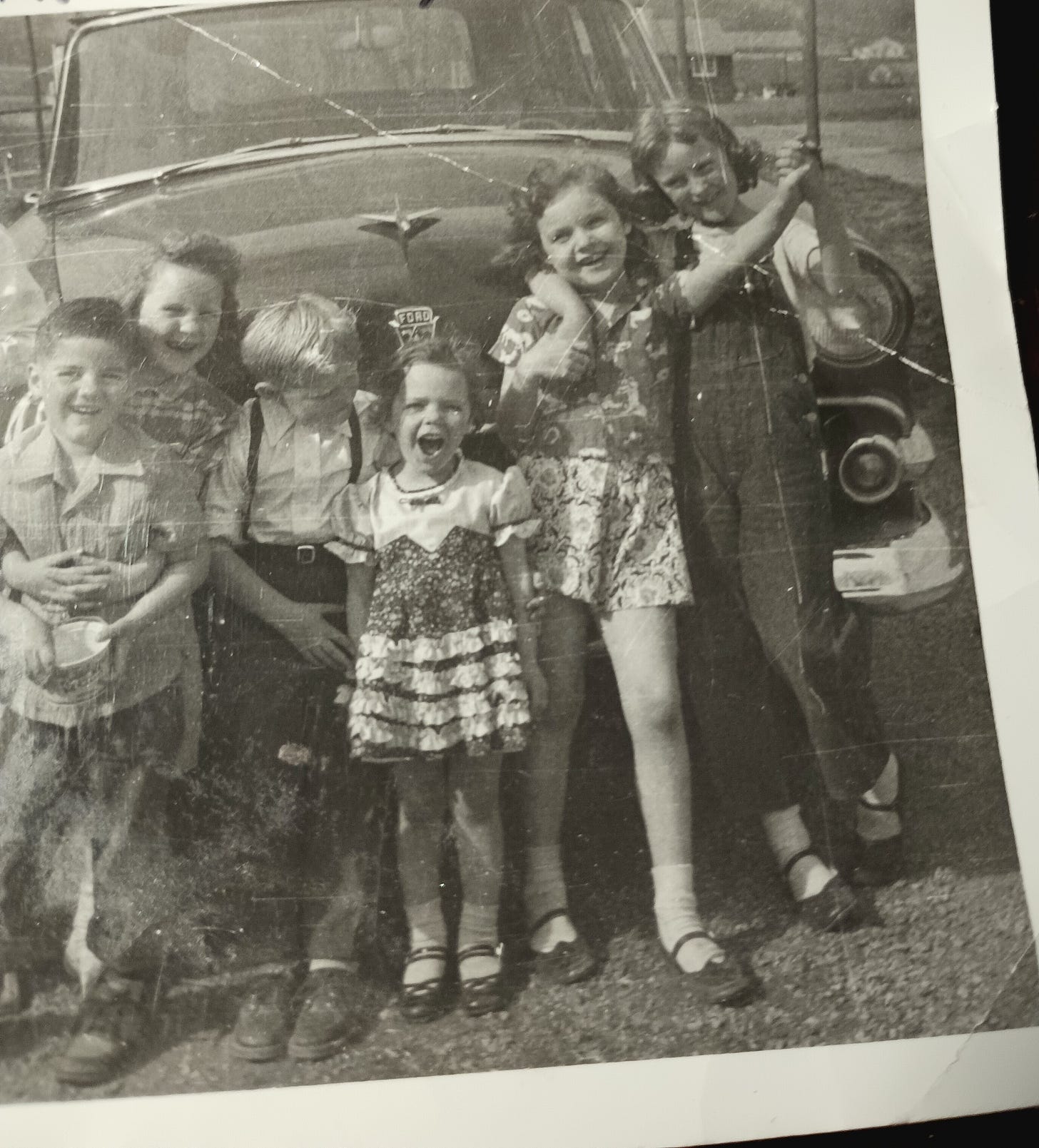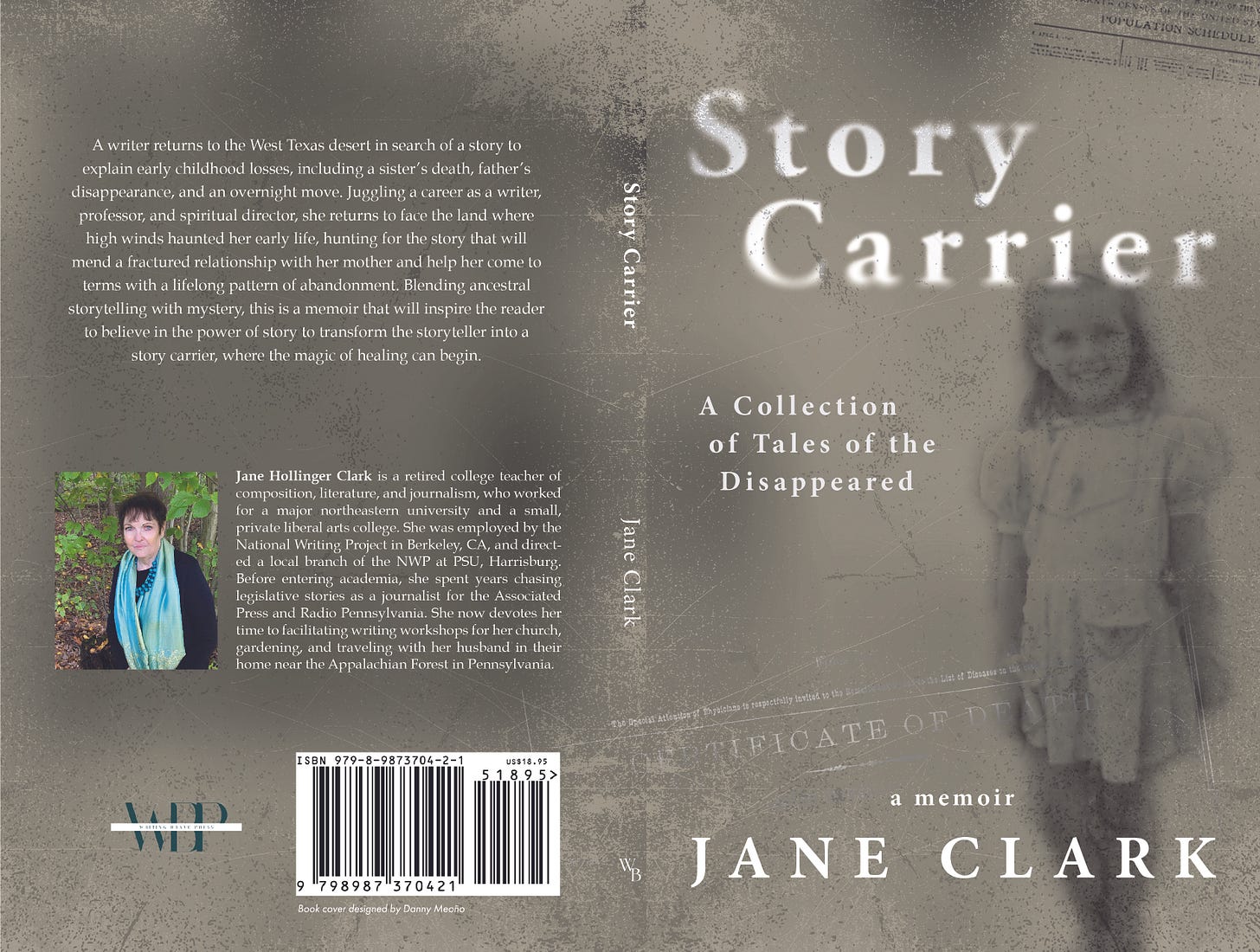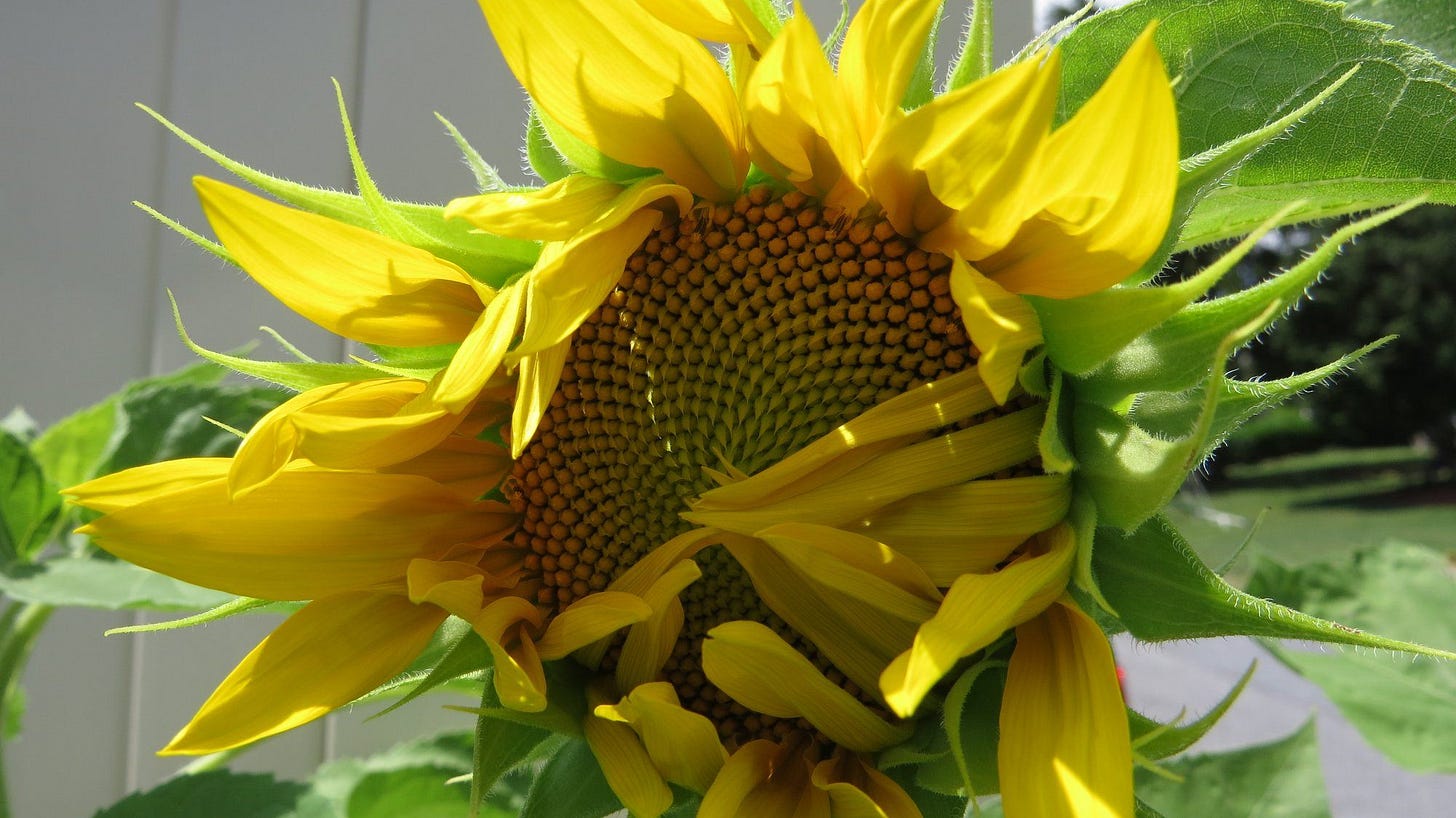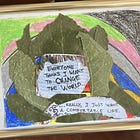Art and Mental Health Interview with Writer Jane Clark of Story Carriers
"Art is a form of soul expression and being deprived (or depriving the self) of creative expression is not benign"
Today’s interview is with author Jane Clark, a “retired college professor of journalism, literature, and composition whose graduate studies include a Ph.D. in English with a specialty in Narrative Theory and her area of research is women and silence.” She’s introduced me to the term Story Carriers, which is the name of her Substack, her upcoming book, and her community.
In this interview, Jane tells us about living with trauma-induced depression, the way it has aided in her writing and how writing has been healing, but also the limitations of that and the challenges faced along the way.
Thanks for being here Jane! I’ve already introduced you but what would you add to introduce yourself?
I'm a cowgirl from West Texas, a writer, and spiritual companion.
We’re here today to talk about the complex relationship between art and mental health. What would you be open to sharing with us about your mental health experience?
I've lived with depression all my life, linked, I believe to childhood trauma. I find that I have an attachment to my trauma in that it has been my companion for so many years. It has also (along with depression) given me the impetus to create. I'm often working to find purpose through my writing and, actually, have discovered that deep within the trauma in my soul resides a nugget, a gift, a treasure. So, I guard it carefully and turn to it for inspiration. I've been in and out of therapy and have only found one good therapist who was, himself, a writer. He encouraged me to turn inward, to embrace the fantasies, the stories I carry, and to create from that place. Hence, my memoir (2024), Story Carrier: A Collection of Tales of the Disappeared. Order the book today!
What a great title. I did some digging and found out more about your description of being a story carrier:
So, your art form is the written word. What can you tell us about your journey as a writer?
Writing is my art and it's impossible to separate writing from living. As a young girl, I was desperate for the language to capture my traumatic losses (family) and turned to fantasy and story to fill bring my experienced into being. I confabulated stories, even told lies, just to make the story appear. Now, as a mature-age woman, I companion other story carriers, helping them bring their stories into existence--particularly women who find so little language available to express the social experience of being a woman in a patriarchal system (world).
It sounds like your depression/trauma have greatly influenced the content of what you write about …
I tend to be drawn by darkness. I cultivate dark feelings, sorrow, loss (because it's familiar?) and walk carefully along a line that allows me to feel the darkness without stepping too close to the edge. It's a practice that requires a lot of attention and focus.
What can you share about your creative process and how it may be related to your mental health?
I'm doggedly determined to create a finished product and will work at my art until I can bring it into something solid--even words. This is not always healthy as I'm given to extremely long hours, exhaustion. I'm a solitary person, who prefers my own company and the characters who live inside my mind and tend to be introverted.
There’s something about the way you said “even words” that suggests to me you may have some thoughts on your medium as it relates to your mental health?
Words feel like they are never enough. I loong long long to be able to make my words take shape in color. I long to create images out of my words. It's very frustrating.
In what ways have mental health symptoms impacted your self-perception / identity as an artist?
I've been a writer for years but because I didn't think what I had to say was valuable, I didn't value it. When I began to work with an intuitive publisher, I began to think of myself as an author, as an artist. Depression and shame had kept me from doing so for years.
It makes me so happy to know that you’ve connected with an intuitive publisher as well as a therapist who also writes. These supports are so critical for many of us.
What have been your experiences in community as an artist/writer - any stigma, discrimination, etc?
I'm not sure anyone else has judged me for this as much (if at all) as I have.
A double-edged sword when we are so hard on ourselves.
What else about your mental health would you add impacts your creativity?
I tend to be drawn to fantasy and rely heavily on my dreams for material. When I'm unable to sleep, I find my production is affected and I'm off balance. It's not at all pretty.
Art and living are challenging things. In what ways has creating art hindered or harmed your mental health?
It hasn't!
Okay perhaps you don't feel harmed, but maybe art feels complicated (not entirely therapeutic all of the time) for you - what would you like to share about that?
Writing is painful--especially writing narratives. It causes the writer to re-experience the feelings associated with the event she's describing. I always do somatic work to release trauma after and during writing sessions.
That’s very powerful. And, of course, we keep on creating because it has so many benefits despite any risks or harms.
How has art been therapeutic for you?
I feel great after having written. It's like giving birth. I feel hopeful.
In what ways have you seen art help others?
I believe in writing in a community and facilitate writing groups where we practice witnessing one another's stories. I believe this invites the story to appear and to tell itself, or to unfold. (Yes, I do believe stories are alive and will tell themselves whether we participate or not). I have seen writers identify issues/problems because they had a community or circle of people who "listened them into story."
In your own words, what do you think is the relationship between art and mental health?
I believe art is a form of soul expression and being deprived (or depriving the self) of creative expression is not benign. I believe it can lead to very poor mental health, loss of self esteem, self-direction.
Before we close, who do you recommend I read next to further my understanding of this topic?
Marion Woodman, Jung
Connect with Jane Clark here at
- also on the Story Carriers website and over on Instagram. And don’t forget to pre-order her new book today!Some of my favorite pieces from Jane:
If you read this far, perhaps you liked the work. The work does take work. It only continues with support, so please consider subscribing. My annual rate starts at $10 per year.










Thank you for posting this lovely interview. As I mentioned to you a few days ago, you are stellar at creating and interpreting interviews. I very much appreciate the way you presented my experience as a writer and how my creativity intersects with depression.
The concept of a story carrier is really fascinating! I'll be reflecting this term today as I wrap up a writing project. :)